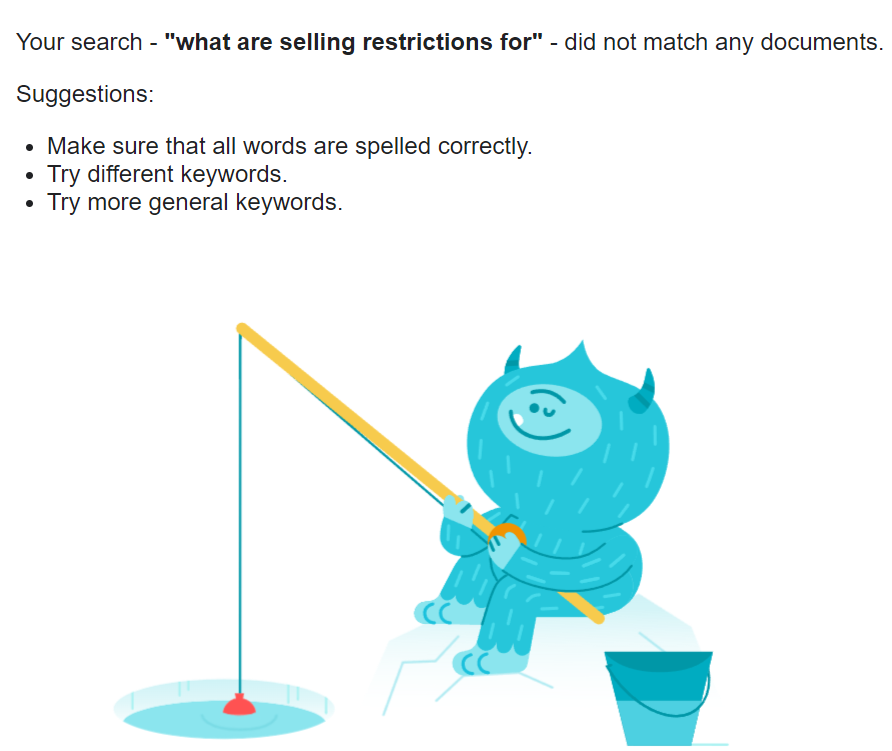Selling restrictions
|
The Law and Lore of Repackaging
|
Selling restrictions
/ˈsɛlɪŋ rɪsˈtrɪkʃənz/ (n.)
A kind of cold spaghetti designed for pre-emptive self-flagellation.
A series of interminable intercessory prayers offered by an arranger that its syndicate will behave themselves, made public flesh in pages of Magic Circle boilerplate that, by reciting the securities regulations of divers jurisdictions in lend heft and plausibility to a prospectus.
On existence and function
Ask a capital markets lawyer what a selling restriction is, and you can expect a fulsome answer. She will happily provide reams of examples — dense, lengthy tracts reciting ancient American securities laws, regulations, rules and associated apocrypha; inscrutable alphanumeric codes referencing regulations of the European Parliament and of the Council; block-capital harangues of New Hampshire residents, and any number of flavourless local variations. Bond lawyers collect these and paste them into precedent scrap-books, to be annually updated, the same way wanton schoolboys collect football cards for their Panini albums.
But ask her what these selling restrictions are for, and you’ll get a blanker look. For all its wealth of human knowledge, Google is no better informed.
Selling restrictions occupy, by immutable historical custom, about half of the prospectus. The back half. A prospectus is the securities world’s version of an advertorial: it hotly denies being an offer, but it is hard to see what else it is for. In any case, the solemn pledge that a document shall not be given to a New Jersey resident, when printed on that document, serves little practical use if, in fact, it is not — and scarcely more use if it is.
If anything, it only makes matters worse. As she casually flips the pages,[1] an unchaperoned New Jerseyan might, on learning she has only come by the prospectus through someone’s impropriety, wonder whether she has stumbled upon a free option. If an institution has, by its own written admission, transgressed regulations, is this not a roadmap to litigation?
Was a cause of action ever dismissed because of a judicious selling restriction? We doubt it. Was one ever lost, because one was not there? Again, we doubt it.
One of the more pointless wastes of trees in the realm of securities marketing, selling restrictions to a bond lawyer are almost as ineffable but tedious (ineffability and tedium being, of course related concepts) and infused with a sombre, ambulatory horror as netting opinions are to an ISDA Ninja. There is no end of bother one can theoretically get into should one offer for sale in a place you are not to meant to, a commercial security.
This is all deep lore, reflecting two facts: one, that one can “offer for sale” in a way that can get you deep in the schtook, a security without actually erecting a billboard and or advertising on the side of a bus; more psychologically fragile securities lawyers have been known to seek safe spaces at the mere casual mention of a tradable financial instrument; and two, there was once a time, many, mean years ago, where Belgian dentists, tax dodgers and other undesirable types could buy and sell securities literally out of the boot of the Citroën in which they had just collected them from the Luxembourg issue and paying agent, and thus the practical controls on whom one could offer, or even sell, securities to were very limited.
These days they are not: everything trades electronically, all is security controlled, hand-shaken, checked for money-laundering. Two-factor authenticated and encrypted, so that no-one has any excuse for knowing, or not knowing (or for that matter stopping) who they trade a given security with.
See also
- ↑ She won’t. It is an axiom of financial services practice that no person alive reads a prospectus, including those who write them.
